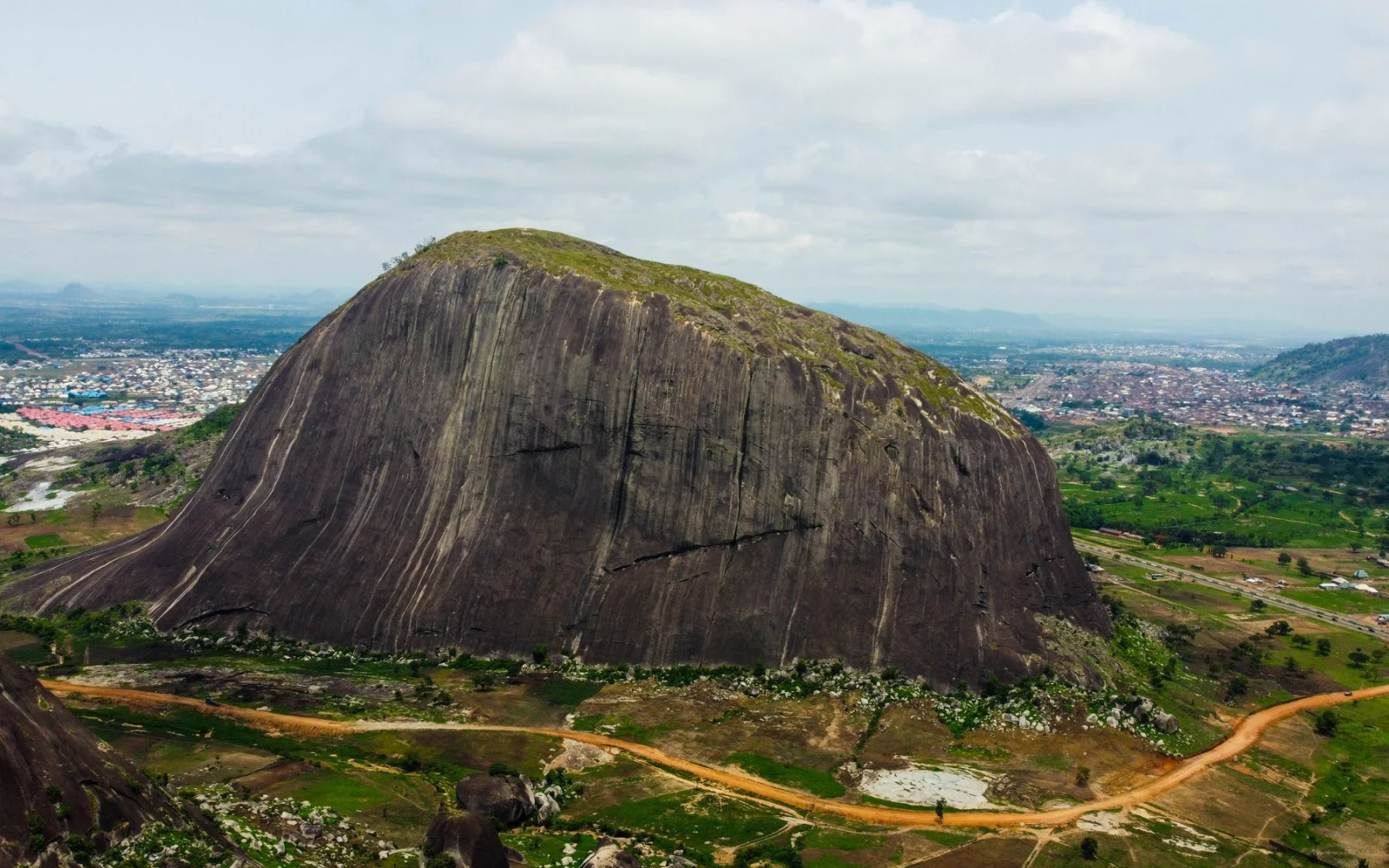What's the best time to visit Nigeria?
The best time to visit Nigeria is from November to March, offering a warm, dry season perfect for wildlife viewing and fewer tourists in February and March. Temperatures increase gradually across the country, reaching their peak in March. This period avoids the hottest and rainiest months, with the peak season running from November to January.
Considering going to Nigeria in West Africa? Learn the best time to visit Nigeria overall for excellent weather with little rainfall and lots to do and see in this guide. If you can’t swing the travel dates during the best time to visit, no worries. We’ll also share the cheapest, least busy, and worst time of year to go in our guide!
The Overall Best Time to Visit Nigeria
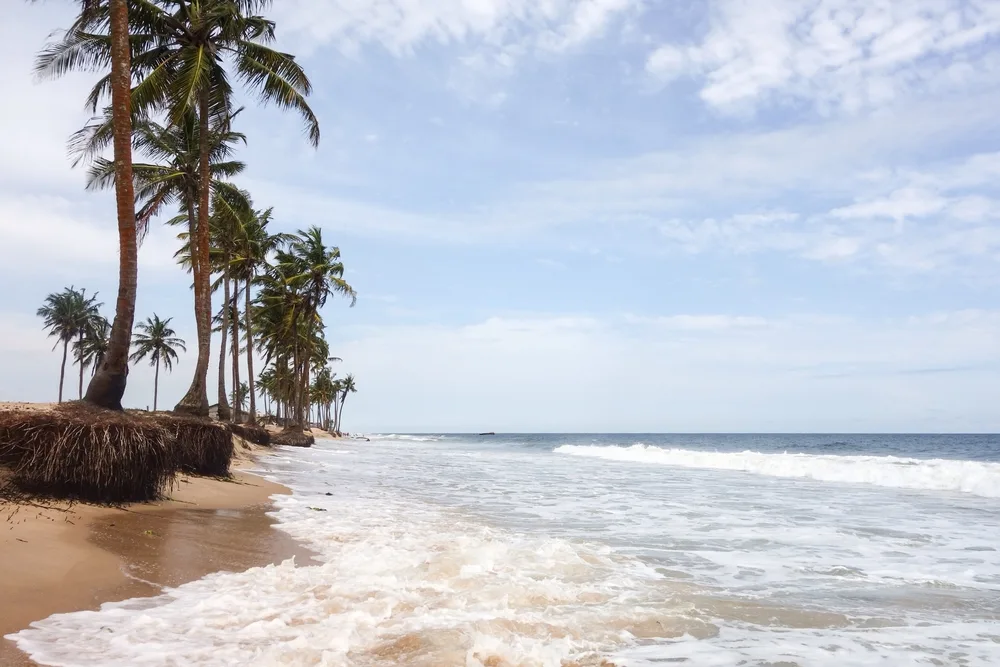
Bill Kret/Shutterstock
The best time to visit Nigeria is November to March. You’ll avoid the hottest and rainiest months of the year during this period, but crowds peak from November to January.
The overall best time lines up with the warm, dry season when tourists head to Nigeria in droves. With very little rainfall during this season, the vegetation around Nigeria begins to dry up.
The result is much better visibility for wildlife viewing if you’re coming for a safari or to explore Nigeria’s natural beauty in the national parks.
Temperatures vary quite a bit during this season and it all depends on where you go in the country. One thing all regions have in common is that things gradually get warmer from November to March.
Expect November highs around 88F in Lagos, 91F in Kano, and 95F in Sokoto. By the time March rolls around, highs reach 91F in Lagos, 98F in Kano, and 101F in Sokoto.
Since the peak season occurs from November to January, the months of February and March may be especially nice for a visit with fewer crowds and affordable prices.
Cheapest Time to Visit Nigeria
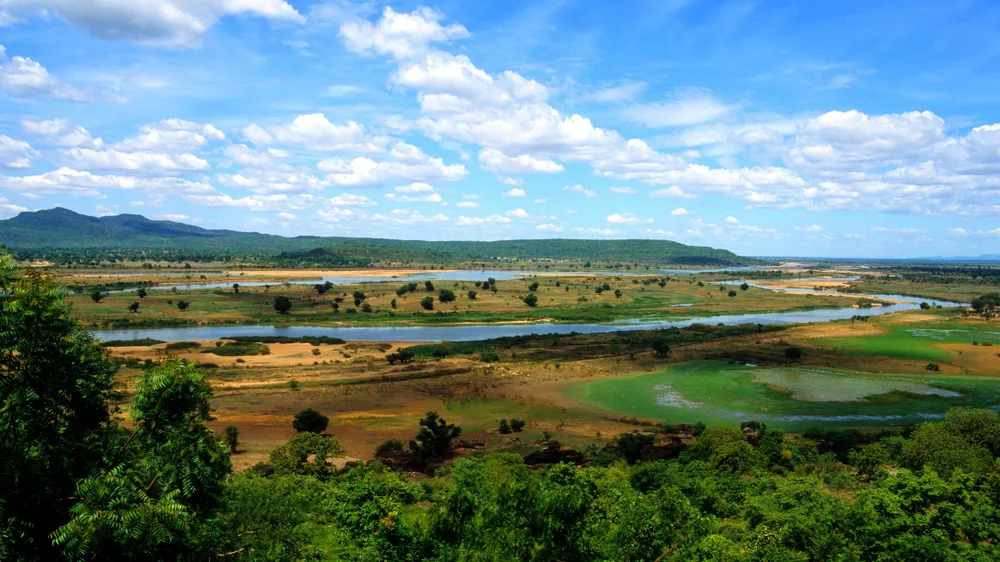
Adamawa/Shutterstock
The cheapest time to visit Nigeria is from December to March. What’s unique about this time of year is that while it’s the cheapest, it’s also part of Nigeria’s peak tourism season.
It’s warm, dry, and inexpensive to stay in Nigerian hotels at this time of year. In most places, peak season coincides with higher prices on everything – but not in Nigeria!
While December to March represents the absolute cheapest time to go, there’s not much of a price difference between this period and the rest of the year. Nigeria is a very affordable country to visit throughout the year.
From December to March, we found rates ranging from $4-$12/night in different cities here. Compare these average nightly rates to those found from April to November, which tally up to around $5-$13/night.
The cost difference is so negligible that you shouldn’t limit your travel dates based on the price of accommodations. Instead, choose the overall best time to go or aim for the least busy period.
Least Busy Time to Visit Nigeria
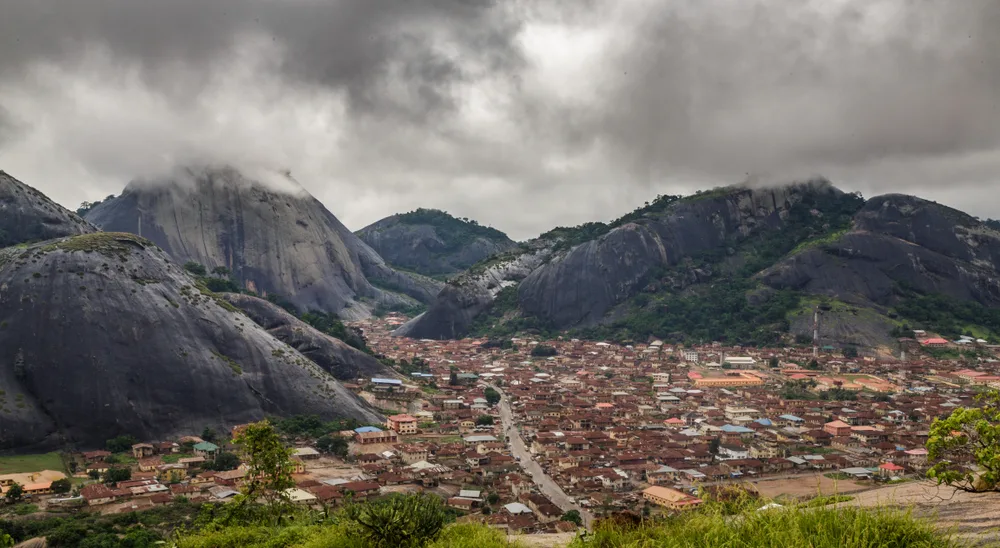
Fela Sanu/Shutterstock
The least busy time to visit Nigeria is from March to September. During this time, the rainy season first kicks off and tourist numbers dwindle as a result of the wetter weather with hotter temperatures.
If you visit sometime between March and September, you’ll miss the busy peak season that runs from November to January during the dry season. By March, crowds in Nigeria are minimal and tourism slows to a near halt as the rainy season begins.
Highs in March range from 91F in Lagos to 101F in Sokoto. Things progressively heat up as the rainfall increases in Nigeria through September.
April and May are typically the hottest months of the year here, reaching up to 104F in Sokoto and 101F in Kano. Rainfall is unavoidable during this part of the year, with monthly totals ranging from 1.8″ in March to 8″ in June (Lagos) and 0.5″ in March to 7″ in August (Kano).
The heat combined with a lot of rain makes Nigeria less pleasant for a visit involving the outdoors or walking through cities, so fewer people come during this time overall.
That can make it a good time to visit if avoiding crowds is your main priority. March might be the best month in this period because it has less rainfall and is very affordable for a stay.
Worst Time to Visit Nigeria
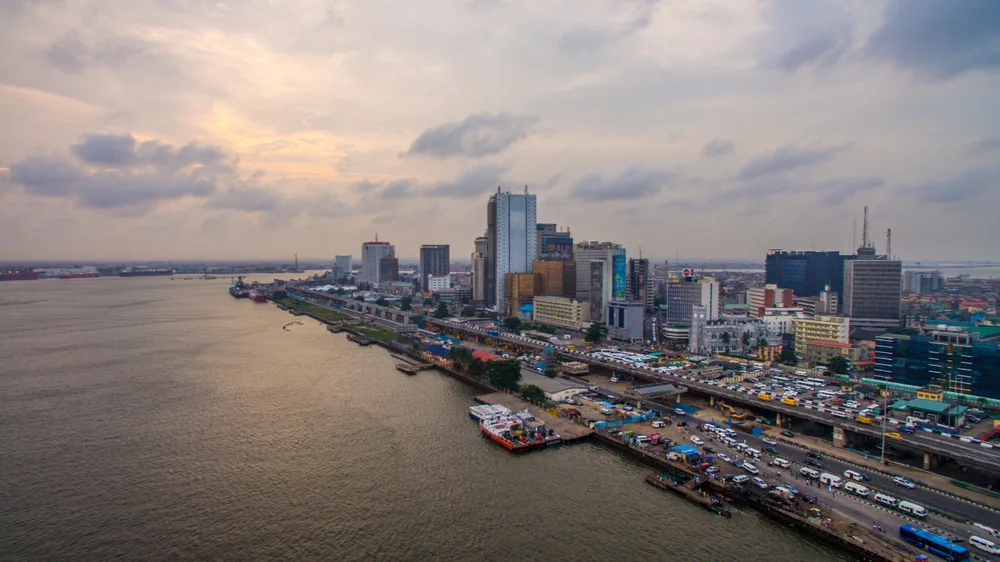
bolarzeal/Shutterstock
The worst time to visit Nigeria is from May to July. This is generally the worst time to visit Nigeria with intense heat and ongoing rainfall getting in the way of outdoor activities and sightseeing.
From May to July, Nigeria is in the peak of its rainy season and experiencing daily deluges that make spending time outdoors difficult. Dirt roads become muddy and impassable in more rural areas and parks.
Deadly flooding (like the Nigeria floods that occurred in June 2022) may pose a problem. Rainfall and heat differs around the country – remember, Nigeria is a very large country with diverse terrain – but it’s safe to say Nigeria will be hot and wet during this part of the year.
In Lagos, around 5.7″ falls in May with highs around 88F, while Kano sees 1.7″ with 99F highs and Sokoto gets 0.8″ with highs around 102F. In June, Lagos hits highs of 85F with around 8″ of rain, Kano tallies about 3″ with temperatures hitting 96F, and Sokoto receives 2.3″ of rain with highs around 97F.
In July, those totals reach about 6″ with highs around 82F in Lagos, 5.5″ of rain with 91F highs in Kano, and 91F highs with 5″ of monthly rainfall in Sokoto.
That makes June the peak rainy month during this period for Lagos, while July is the wettest month for Kano and Sokoto. Things get even wetter in August, but the rains begin tapering off by October and November.
Things to Consider
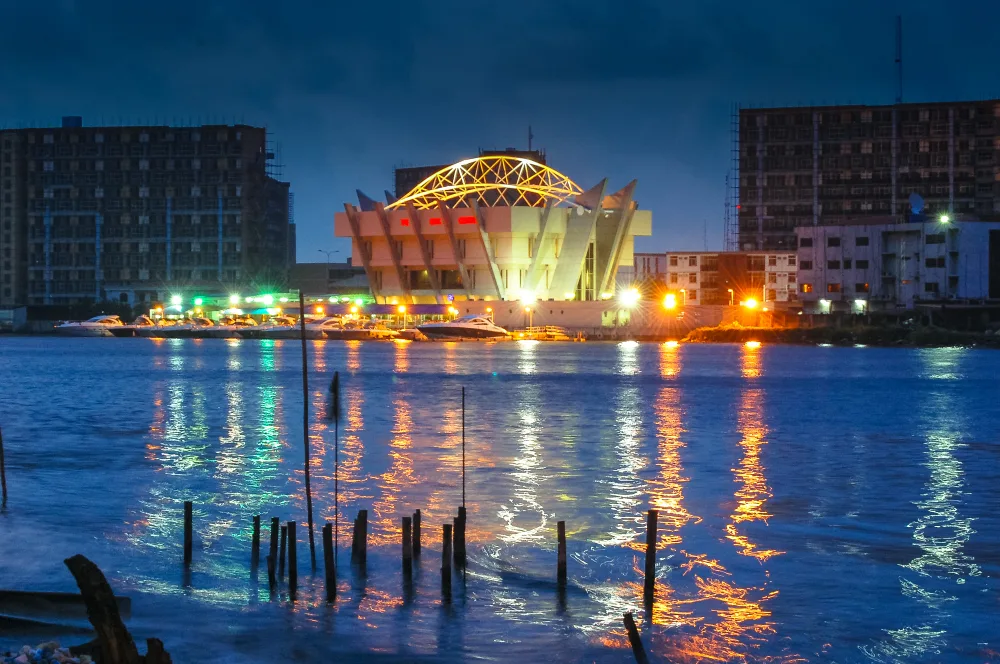
Modamo/Shutterstock
What else should you know about planning a trip to Nigeria? Whether you’re heading there during the best or worst time of year, keep these helpful travel tips in mind.
- Consider safety before planning a trip to Nigeria. Areas of Nigeria may not be safe to visit, according to a current level 3 travel advisory warning “Reconsider travel” issued by the U.S. Department of State. Crime, kidnapping, terrorism, and civil unrest can put travelers at risk. Areas like Kogi, Borno, Adamawa, Bauchi, and Kano are some examples of dangerous areas.
- Think about your plans in Nigeria. You may not be planning to spend a lot of time outdoors or strolling through towns and cities to take in the sights and shops, in which case visiting Nigeria during the less busy rainy months may not affect you as much. If you’re hoping to go on safari, try to visit during the dry season for better wildlife viewing.
- You may be able to use U.S. dollars here. There’s a lot of tension and civil unrest surrounding Nigeria’s currency troubles as the country’s citizens run out of cash amid the switch to the eNaira central bank digital currency (CBDC). Thankfully, you should be able to use U.S. dollars at most tourism-centric places, like hotels, some restaurants, and airports.
- English is the official language. In Nigeria, English is the official language and you’ll find that most people here speak the language fluently. Over 200 other languages are spoken here and include Hausa, Igbo, Kanuri, and regional sign languages.
- Stick to the tourist-friendly cities. Popular places for tourists are often safer zones in Nigeria. Places like Lagos, Calabar, Abuja, Ibadan, and Uyo are among the safest cities in Nigeria and make excellent places for tourists to visit. You’ll find beaches, rainforests, and lots of historic sites to check out in these areas.
Frequently Asked Questions
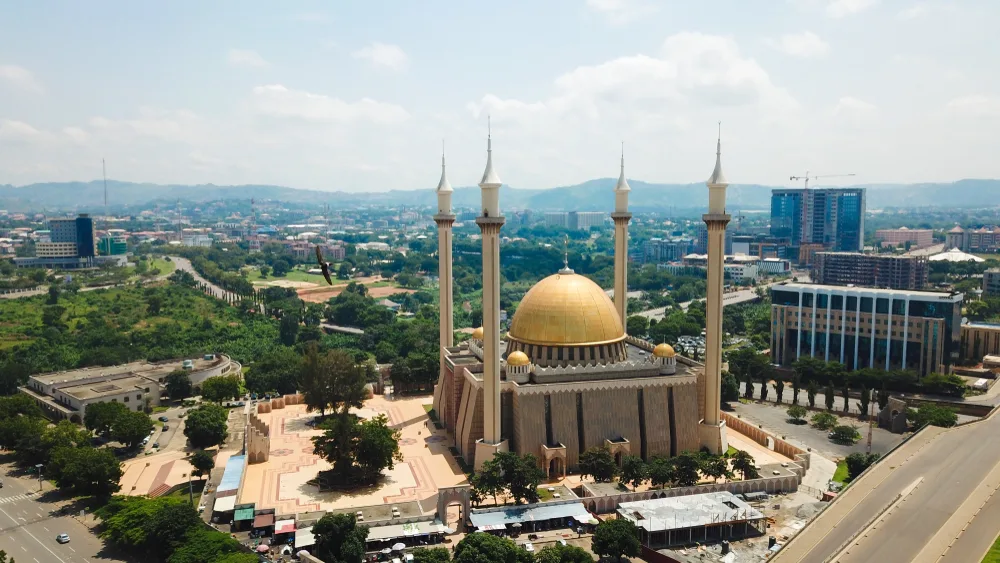
Tayvay/Shutterstock
Sometimes, the questions of other travelers can answer concerns and queries you didn’t think to ask! Here are the most frequently asked questions about the best time to visit Nigeria.
What is the best time to visit Nigeria?
The best time to visit Nigeria is typically during the dry season from November to February, when the weather is more pleasant for outdoor activities and travel.
When is the rainy season in Nigeria?
The rainy season in Nigeria usually occurs from March to October, with varying degrees of rainfall depending on the region.
Are there any events to attend during the best time to visit Nigeria?
Yes, Nigeria hosts several festivals and events during the dry season, including cultural festivals, music events, and traditional celebrations.
What is the hottest month in Nigeria?
The hottest month in Nigeria is often March, with temperatures soaring in many parts of the country, particularly in the northern regions.
So, What’s the Best Time to Visit Nigeria?
Overall, the best time to visit Nigeria is during the dry season from November to March. This period is warm without sweltering heat, sees little rainfall, and is perfect for outdoor activities from the beach to taking a safari.
No matter when you decide to visit Nigeria, make sure you’re reviewing and considering all travel advisories and safety warnings before you start planning in earnest.
If you decide to head to Nigeria in search of the amazing landscapes, diverse culture, and thriving cities here, stick to the popular tourist areas – like Lagos and the capital, Abuja – to stay safe and ensure a positive visit.



